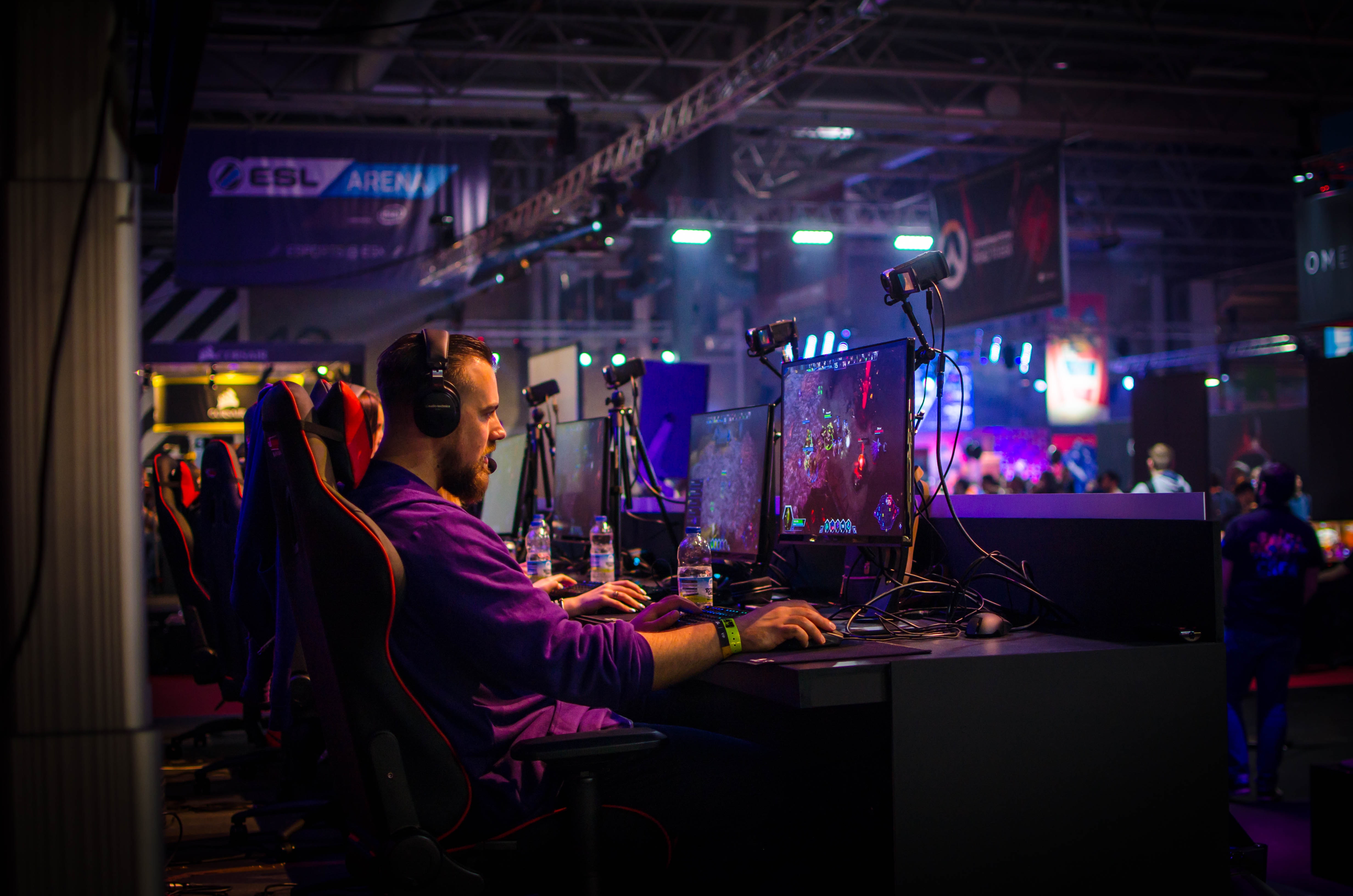cw: suicide, depression, anxiety, self harm.
Professional gaming, aka eSports, is big business. Team video games –DOTA 2, PUBG, CS:GO, League of Legends – are played in a competitive format, with huge prize pools at stake. This draws stadiums full of spectators, all cheering for their favourite teams as if at a football game. The teams themselves are well-known, often plastered across merchandise and worshipped by fans. This format is a juggernaut; the entire eSports economy generated $906m USD in the first half of 2018 alone. Asia is by far the largest driver of this growth, with an enthusiasm for gaming remaining a large part of everyday culture in South Korea and China. However, eSports isn’t restricted to Asian markets, with Australia being the 14th biggest market worldwide.
Midway through 2017, Blizzard introduced their flagship shooter game Overwatch to the professional gaming scene. Twelve permanent teams were founded across the US, South Korea, UK and China, each made up of a roster of ten to fifteen elite players. A fan favourite was quick to emerge- Hyeon “EFFECT” Hwang, the central DPS player for Dallas Fuel. However, EFFECT’s embodiment of bright, cartoon like characters on screen has long been mirrored by a dark battle with his own mental health. This appeared to reach a peak last Sunday, when he tweeted (translated from Korean):
‘I think I’ll have to rest from now. I feel like I’m constantly being chased by a monster.. I think I’ll need to go to the hospital too. GG.’
Unfortunately, this is all too familiar a story. Players across a wide number of games are still continually clocking out due to fatigue, depression, anxiety and self harm. Player burnout remains at an all time high, with most players retiring before they turn 30. Yet, the popularity of professional gaming continues to skyrocket. This begs the obvious question: why hasn’t the global eSports community fixed its ongoing mental health problem?
An emphasis on mental health and wellbeing should be paramount, considering that one of the most important parts of a gamer’s kit is their brain. If their thoughts are clouded by depression, anxiety or otherwise, they can cease to concentrate on the game at hand. This means that they cease to perform, in turn losing more matches for their team and burning out of their careers. EFFECT is the perfect example – a long-established history of pre-existing mental health problems, combined with a poor win record for their team, only served to make a bad situation worse. Another is EFFECT’s teammate Timo ‘Taimou’ Kettunen, who was admitted to hospital last week. After suffering an unusually bad panic attack post match, it was suspected that Taimou had suffered a stroke due to a loss of feeling in one side of his body- a professional gamer’s worst nightmare. Neither player can, or should, bear responsibility for Dallas Fuel’s poor performance on the Overwatch League ladder. However bad results, poor self esteem and a highly competitive environment only serve to create dangerous feedback loops, driving players’ mental health into the ground.
Unlike other sportspeople, this decline isn’t eased by team psychologists, doctors or mentors. Professional gaming is largely an unregulated field. Players are usually signed to teams at extremely young ages, and often are forced to move away of home to fill spots amongst some of the world’s more lucrative gaming teams. During this period, they are vulnerable and lack representation in the same way as traditional sportspeople do. Footballers, basketballers, Olympians are all supplemented with holistic support throughout their careers in the form of counsellors, nutritionists, lawyers and media advisors. Professional gamers have very little, allowing their talent to be easily exploited. This is exacerbated by the fact that players are not backed by an official players’ union, as is commonplace in the NBA, NFL and AFL. For young players who are willing to sacrifice everything, says League pro Enrique ‘xPeke’ Cedeño Martínez, this lack of unionisation means ‘end[ing] up stuck with contracts that are almost abusive.’
This lack of regulation within eSports is backed by an insidious culture of ‘play hard, work harder’. Upon signing, players often moved away from their families and into team houses, where they share most of their time with teammates. One of the world’s most expensive houses belongs to USA’s OpTic Gaming, whose Call of Duty and CS:GO teams inhabit a whole mansion and estate in outer Chicago. ABC has a fantastic walkthrough of Australia’s Chief Gaming’s house in Sydney, found here. However, the premise is usually the same- sacrificing mental downtime in exchange for improved performance. Training schedules are long, with emphasis placed on improving in game, as opposed to existing outside of it. Players sit with minimum distraction for 15-16 hours at a time; they are in consistent contact with teammates next to them, but not with friends, family or partners. Sleep, food and relaxation are often efficiently and ruthlessly sidelined. Team houses are an unregulated practice, with many having a ruthless commitment to training. Not only can young, vulnerable players be exploited by managers, but they can also be pushed to the point of sickness whilst in the pursuit of the perfect game.
Unfortunately, poor mental health is the paradigm within the global eSports community. Its exponential growth, poor regulation, limited resources and insidious training culture provide little escape for players who feel as if they may be suffering with anxiety, depression or any other mental health problem. Despite recent, positive steps – for example, the founding of an official eSports Integrity Commission in 2016 – there are still major improvements to be made before player wellbeing is prioritised. Only then will the eSports community take responsibility for the impact it has on the talent it produces.
Bridget Rumball | @youwillbefoldingstars
Bridget is a D.Va main who will sometimes play Ana, if you ask her nicely. @youwillbefoldingstars

